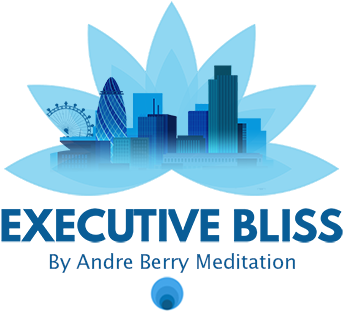Avoiding Decision Fatigue: Why Clarity Requires Rest, Not More Willpower
Every day, we make decisions. Big ones. Small ones. Invisible ones.
From what to wear, to how to respond to a message, to whether or not to challenge a colleague’s opinion in a meeting. And while most of them seem minor in isolation, they add up.
In fact, studies suggest that the average adult makes around 35,000 decisions a day.
That’s 35,000 moments of focus, micro-calculation, and emotional processing—all of which slowly drain our ability to think clearly.
This gradual erosion of mental clarity is known as decision fatigue.
What Is Decision Fatigue?
Decision fatigue is what happens when your brain becomes overloaded by choices. You may not feel physically tired—but the signs are there:
- Struggling to focus
- Making impulsive or avoidant choices
- Snapping at small things
- Deferring responsibility
- Feeling mentally foggy by the afternoon
- Procrastinating on tasks you normally handle with ease
Sound familiar? You’re not alone. This isn’t a personal failing—it’s a natural result of a brain that hasn’t had space to reset.
The Workplace Impact
Decision fatigue affects leaders, teams, and entire organisations more than we realise.
It shows up as:
- Poor communication
- Indecisiveness
- Resistance to change
- Increased stress and reactivity
- Lowered productivity and confidence
In fast-paced corporate environments, especially for executives and business leaders, decision fatigue becomes a hidden drain on performance and wellbeing.
How to Reduce Decision Fatigue
The good news?
You can’t eliminate decisions—but you can reduce the mental load.
Here are a few evidence-based strategies we share in our workplace wellbeing sessions:
Simplify your morning – Lay out clothes, prep meals, and write to-do lists the night before.
Create rituals – Set non-negotiable routines for things like meditation, meals, or end-of-day shutdowns.
Take mini-breaks – A minute of breathwork, silence, or natural light can clear mental fog.
Tackle big decisions early – Most people are mentally sharpest mid-morning. Use it wisely.
Set boundaries – Protect your calendar. Every unnecessary meeting is more micro-decisions.
Prioritise sleep and rest – Recovery is not a luxury. It’s essential to sustainable cognitive performance.
And, of course…
Meditate daily – Even 10 minutes of mantra-based or breath-focused meditation helps reduce internal noise, reset your nervous system, and reconnect you with your inner compass.
It’s one of the most effective and sustainable wellness solutions available—especially in high-pressure business and executive roles.
A Final Thought
If you find yourself stuck, spiralling, or overthinking—it’s okay to pause. You don’t have to push your way to clarity.
Often, the clearest answers come when you stop trying to force them.
Join us at Executive Bliss LIVE – The Art of Blissful Living
https://www.eventbrite.co.uk/e/executive-bliss-the-art-of-blissful-living-tickets-1290121420899?aff=ebdsshsms&utm_share_source=search_android
Central London | Saturday 31st May
A one-day experience designed to help you reset your nervous system, reclaim your focus, and lead with energy—not exhaustion.
For bespoke corporate wellbeing programs:
hello@executivebliss.co.uk
+44 7738 167803
Let’s reduce decision fatigue—together.





